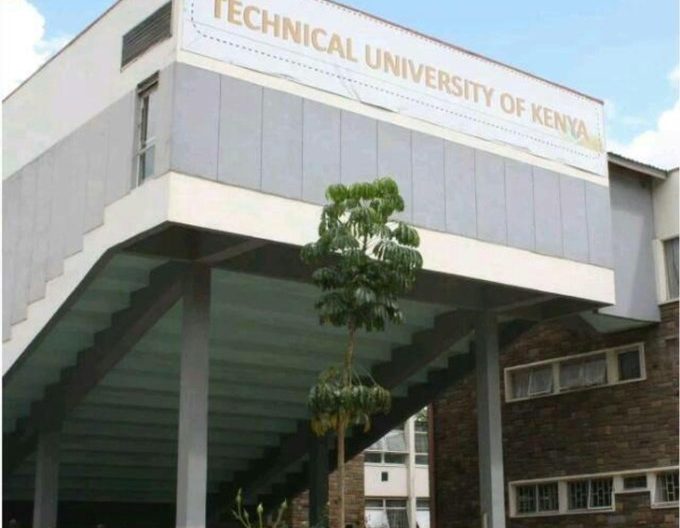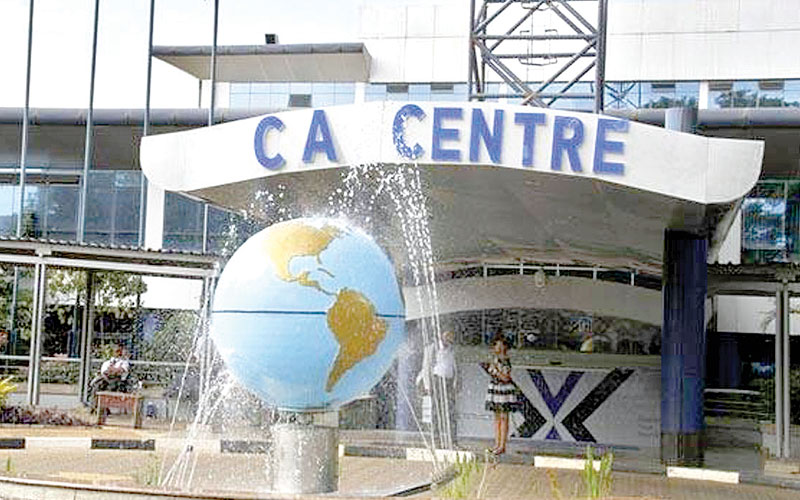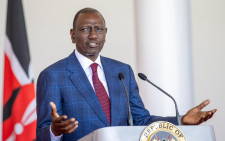Inside State’s plans to end varsities cash woes

Financial challenges and frequent industrial strikes in public universities could soon be a thing of the past as the government seeks to put in place a new policy, Education Cabinet Secretary Julius Ogamba has said.
Public universities and national polytechnics have accumulated at least Sh67.81 billion in debt, which could be affecting the quality of learning.
When he appeared before the Senate plenary, Ogamba said that legal reforms are being instituted to improve governance of the higher learning institutions.
“The ongoing law reform process is also geared towards ensuring that the governance frameworks in our public universities are effective, transparent and accountable, to ensure prudent use of university resources,” Controller of Budget Margaret Nyakang’o stated in her latest expenditure report.
The University of Nairobi, Kenyatta University and Jomo Kenyatta University of Agriculture and Technology have accumulated the highest number of debts.
Curb strikes
Kenyatta University owes Sh12.38 billion to statutory bodies such as National Social and Security Fund, Kenya Revenue Authority, pension funds, suppliers and contractors. The University of Nairobi owes Sh12.22 billion.
“Overall, the measures to improve governance and sustainable financing at our public universities will also support the enhancement of infrastructure in our public universities,” said Ogamba.
And to curb strikes, the Education Ministry is now rooting for enhanced salaries and to that there is full implementation of Collective Bargaining Agreements (CBAs).
In a bid to curb industrial strikes, Ogamba said that the government has embarked on the implementation of the 2017-2021 CBA.
According to the CS, the state is committed to releasing Sh9.7 billion to implement CBAs that seeks to, among other things, increase staff salaries by between seven and 10 per cent.
The Education boss charged that to avert a recurrence of industrial disputes in the universities, the government has committed to ensuring that negotiations for future CBAs commence at the start of each cycle to allow for proper planning and budgeting.
“Since the implementation of CBAs is resource sensitive, we are also creating a legal and policy framework to ensure that our public universities are financially sustainable,” he said.
In his response to the Senators, Ogamba disclosed that the government is now banking on the new university funding model to improve the fund of the cash-strapped universities especially Technical University of Kenya (TUK).
Bailing TUK
Ogamba said that the government is committed to bailing out TUK and has committed to provide a net payroll support of Sh145 million for the period from January, 2025 to June 30, 2025 to ensure that staff salaries are paid on time.
“The Ministry of Education will also channel conditional grants to bridge the budget gap, with phased allocations over the next Financial Years from 2025/2026 to 2031/2032 to cover gross salaries and to enable the timely remittance of statutory deductions,” said Ogamba.
He underscored that universities and Technical Vocational Education Training Institutions no longer receive capitation funding but are funded based on student needs.















